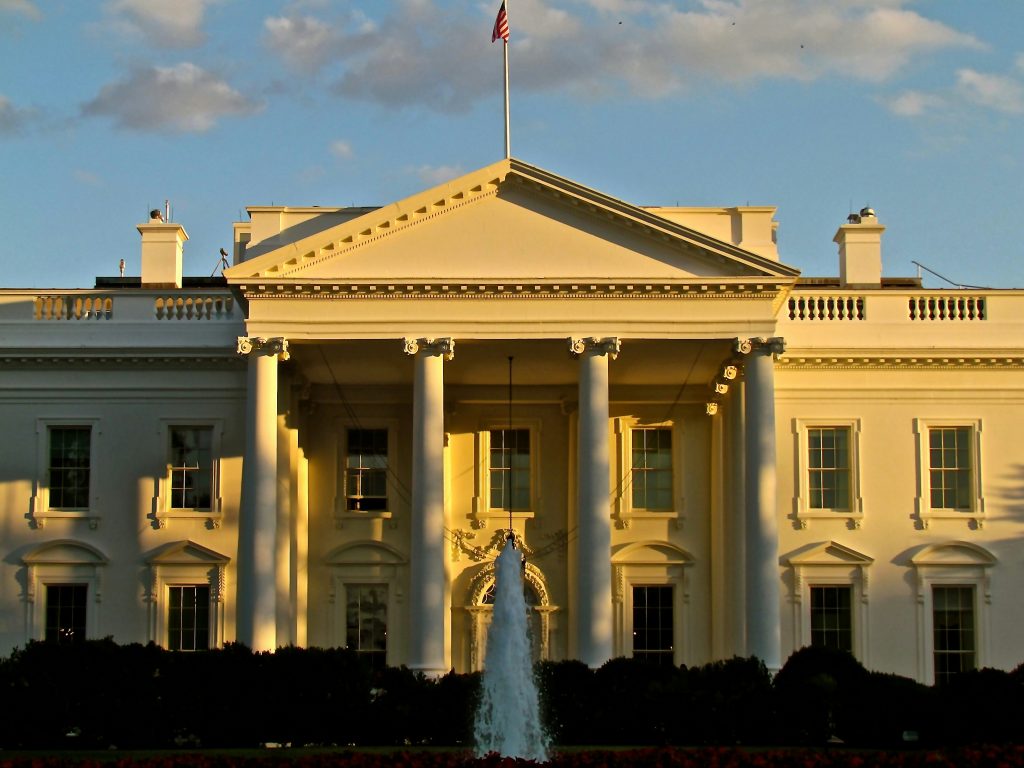In re Grand Jury Proceeding: Insights into Discovery in Corporate Criminal Investigation
In re Grand Jury Proceeding: Insights into Discovery in Corporate Criminal Investigation
By: Jacob Stock*
The facts underlying In re: Grand Jury Proceeding read as well as any legal thriller: Felix Sater, a man wrapped up in fraud and racketeering for the mob, becomes an informant for the feds and helps to track down US law enforcement’s most wanted.[1] Hot on his tail is Frederick Oberlander, a lawyer working hard for his clients to recover the funds lost in Sater’s former schemes.[2] As Oberlander works the cases, however, he discovers information related to Sater’s cooperation with the government is sealed, and the Second Circuit enjoins Oberlander from publicly disclosing the information.[3] Frustrated by the red tape, Oberlander releases the information anyway, resulting in several grand juries being impaneled to initiate a criminal investigation.[4]
Just as reality is less glamorous than most legal thrillers, the question on which In re: Grand Jury Proceeding turned was far less exciting than the underlying facts. A grand jury subpoenaed records related to Oberlander releasing information to the press about Sater’s cooperation with the government.[5] Oberlander refused, claiming the subpoena for the records violated his Fifth Amendment Rights against self-incrimination.[6] The Fifth Amendment provides that “[n]o person . . . shall be compelled in any criminal case to be a witness against himself.”[7] In the context of subpoenas in criminal cases, the Fifth Amendment has been applied to allow defendants to refuse to turn over incriminating documents to the government.[8] But this protection, known as “act of production privilege,” has a caveat: it only applies to “personal” or “noncorporate” records and not to “corporate” records.[9]
This exception, called the “collective entity” doctrine, holds that an organization recognized by the state as an entity independent from the individual members that comprise it cannot assert the act of production privilege to refuse to turn over documents in criminal cases.[10] The rationale for this doctrine has been explained as a tradeoff where in exchange for the benefits of recognition by the state, entities such as corporations and partnerships give up some of their rights to shield evidence of potentially criminal activities from government investigation.[11]
In Oberlander’s case, some of the documents requested in the subpoena were created when his law practice was a sole proprietorship, and thus normally those records would be designated “noncorporate” since sole proprietorships are not collective entities.[12] Nonetheless, the Second Circuit found the documents were “corporate” and had to be turned over. In reaching this decision, the court relied on a multi-factor balancing test which urges courts to consider “who prepared the document, the nature of its contents, its purpose of use, who maintained possession and who had access to it, whether the corporation required its preparation, and whether its existence was necessary to the conduct of the corporation’s business.”[13] After reviewing this test, the court found Oberlander’s documents had “become” corporate, emphasizing the documents were necessary to continued representation of clients after the incorporation of Oberlander’s firm as well as the corporation’s physical possession of the documents.[14]
Though the intrigue of In re: Grand Jury Proceeding fizzled to a decision based on a rather mundane legal doctrine, the case serves as a reminder to prosecutors, defense attorneys, and businesses of the importance of the collective entity exception. In addition to grounding expectations of the reality of jurisprudence, the case offers fresh insights into the intersection of constitutional rights and business organizations in the context of criminal investigations.
*J.D. Candidate, Class of 2021, Arizona State University Sandra Day O’Connor College of Law.
[1] 961 F.3d 138 (2d Cir. 2020) at 143-44.
[2] Id. at 144.
[3] Id.
[4] Id.
[5] Id. at 144-45.
[6] Id. at 145.
[7] U.S. Const. amend. V.
[8] Lisa Zornberg, Court Dusts Off Test for Determining if a Record Is “Corporate” or “Personal”, Law.com (Aug. 27, 2020), https://www.law.com/newyorklawjournal/2020/08/27/court-dusts-off-test-for-determining-if-a-record-is-corporate-or-personal/?slreturn=20200812142735.
[9] Id.
[10] Id.
[11] Id.
[12] See supra note 1 at 154.
[13] Id. (citing Grand Jury Subpoena Duces Tecum Dated Apr. 23, 1981 Witness v. United States, 657 F.2d 5, 8 (2d Cir. 1981).
[14] Id.
Related Posts

District Court Judge Issues Injunction Requiring Work Continue at CFPB

The Trump Administration’s Proposed Carried Interest Tax Reform
